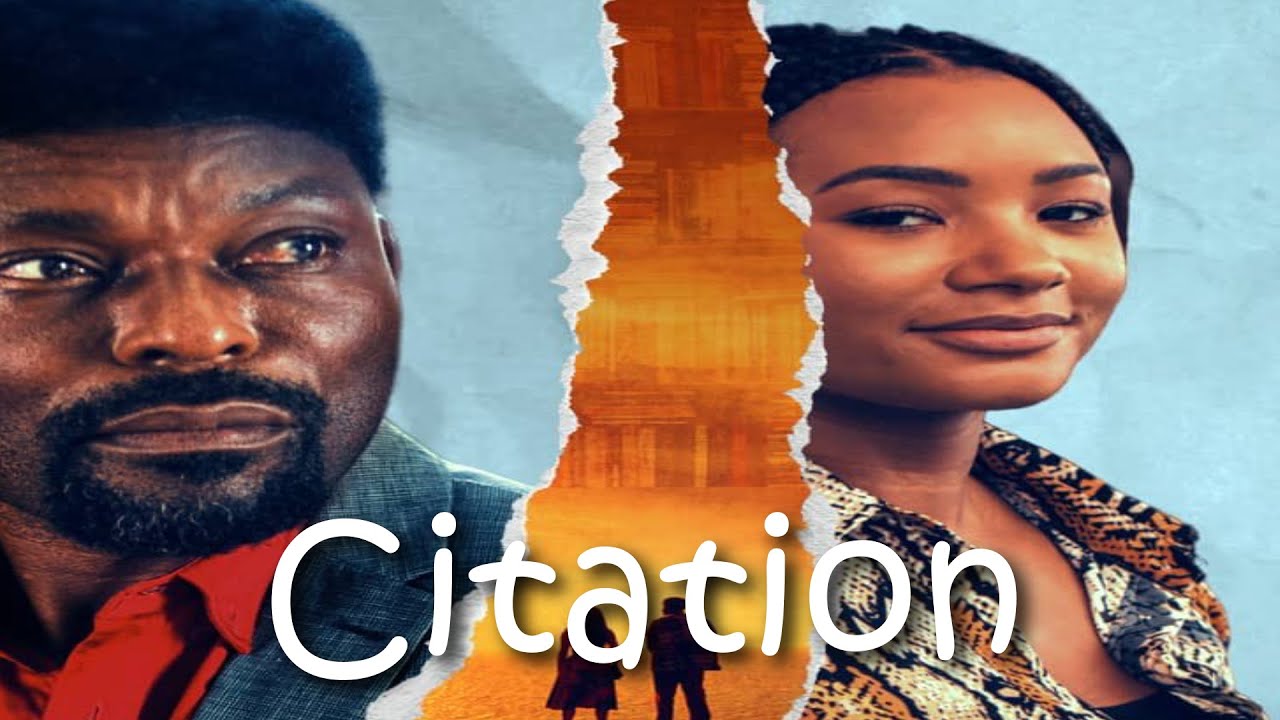Features
Gideon Chukwuemeka Ogbonna: Citation is More Than Just an ‘Ordinary’ Story

Many critics have described the movie, Citation, as “overhyped,” “overrated,” “boring”, and so on. While I don’t agree with these descriptions, I understand why many people may consider the movie to be boring.
To me, Citation is an ordinary story; it has no twists or turns. It is just a common story we’ve heard so many times, yet, it is in the ordinariness of its story that Citation finds its strength.
Critics of the movie do not understand one fact: Citation does not aim to intrigue its audience with suspense. Its only objective is to educate, to raise the viewer to the pedestal of an omniscient god that is able to see and analyze the nuances of sexual abuse. In a world where implausibility is interpreted as falsehood, the movie provides answers to the many questions that often riddle holes in the stories of abused victims. It teaches a vital lesson: that a story does not add up doesn’t make it untrue.
Citation is a story told without filters and enriched with powerful dialogue. Another strong point is that it is told on the backdrop of sociopolitical conflicts rocking the world today. As a result, the movie becomes a double-edged sword — as one edge dissects the intricacies of sexual abuse, the other explores the complexities of national conflicts and peacekeeping. The fusion of these sensitive issues into one beautiful piece of art requires expertise and a great deal of research to pull off.
My friend said that in a bid to make the movie sophisticated, the movie became flawed. I suspect what she called “sophisticated” are the foreign locations (Senegal and Cape Verde) and the French language used in the movie. But I see nothing wrong with this, you cannot tell a common story in a common way. The foreign locations and language, coupled with the cinematography and casting, add color and strength to the overall story.
However, this is not to say Citation is bereft of flaws. First on the list of flaws is the scene where Moremi meets Samba for the first time. Moremi, though exposed, is a girl who is in touch with her roots — a girl with the Naija blood who cannot call her professor by his name, or call her friend and course mate, Kwesi, without adding ‘mister’. Yet, this same Naija girl is quick to follow a boy, a stranger, to an unknown place in a foreign country. I find that quite implausible for a Nigerian; we do not trust that easily. If the boy had whispered something to her, we may have guessed that she followed him because he told her that Professor N’Dyare was waiting for her.
Second, when Kwesi told Moremi that he shouldn’t have left her on the night of the Easter party, one would feel that they had an altercation or that Moremi intentionally stayed back against Kwesi’s advice. But it turned out that not even the professor knew she was still in the house. It would have been more logical if Kwesi blamed himself because he had searched for her, didn’t find her, and then assumed she had gone.
Also, I don’t think that the movie got it right with the humour it wanted to deliver with that religious witness saying, “But I believe Jesus will intervene.” It is a catchy line, but in the context it was used, it seemed forced and unconnected to the issue on ground.
Finally, many have criticized Temi Odetola’s interpretation of her role. For a debut, she didn’t do badly, but she flopped with her expressions. How would someone lie against you with such audacity, yet the intensity of the pain isn’t registered on your face? The scenes of the senate panel possessed the required energy just because of the other characters, and not because of Moremi. This ought not to be so. Those scenes were Temi’s chance, as the protagonist, to show the agony that comes with being a victim of abuse, high-handedness, betrayal, aloneness, intimidation, and the fear of losing everything she had worked for.
Could Citation be better? Of course, nothing is ever 100%. But is it boring or overrated? Not at all.
Score: 8.5





















